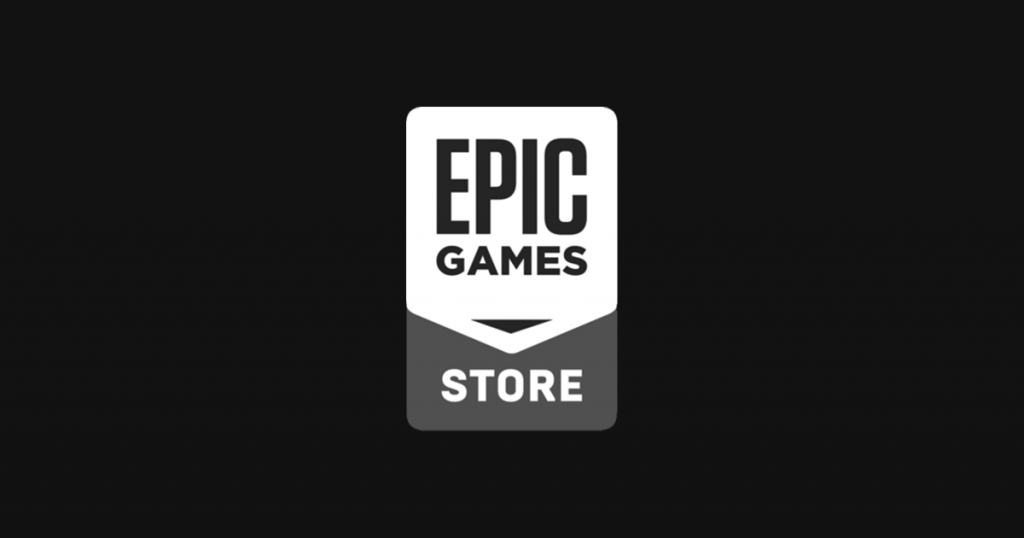Epic Games Inc. settled concerns with the FTC for $520 million regarding the Fortnite item shop and COPPA violations.
Massive developments are happening in the live-service gaming industry right now, which could be huge for many companies that have shifted to the business model. Fortnite is perhaps the best example of a free-to-play live-service game that relies on in-game microtransactions and seasonal passes to fund its ongoing development.
According to a report by The Wall Street Journal, the FTC alleged “the company violated the federal Children’s Online Privacy Protection Act (COPPA) by collecting personal information from “Fortnite” players under the age of 13 without notifying their parents or obtaining verifiable parental consent.” Epic agreed to pay a $275 million civil penalty for these violations.
The report goes on to say that Epic will pay an additional $245 million in consumer refunds for their tactics that may have trapped players into purchases while creating obstacles for refunds. According to the report, the FTC claimed, “Epic intentionally obscured cancel and refund features to make them more difficult to find and that the company locked the accounts of customers who disputed unauthorized charges with their credit card companies.”
Epic Responds in Statement
In a statement published today, Epic responded to the settlement news. While they did not explicitly deny any of the charges put forth by the FTC, they did provide some reasoning behind some of their past decisions.
They also warned other developers that they should “rethink steps they’ve taken to simplify payment flows in favor of practices that provide the largest amount of clarity to players when they make purchase decisions.”
One main point was the ease with which players with linked payment information can make purchases with a single-click. While this has almost become second nature for many gamers, Epic is looking to cut down on accidental payments and refunds by adding a button to confirm purchases and creating an automated refund system that players can use for in-game cosmetics, among other things they buy in the store.
The company also touched on COPPA and that regardless of a game’s rating, the title may still be wildly popular among younger children–and that studios should alter their games to keep children safe online.
As in-game purchases and eastern-style “gacha games” increase in popularity in the United States, it will be interesting to see how developers adjust their monetization strategies and offerings in their in-game shops to adhere to this higher level of scrutiny.
We’ll keep you updated on news stories like this in our News Section.





